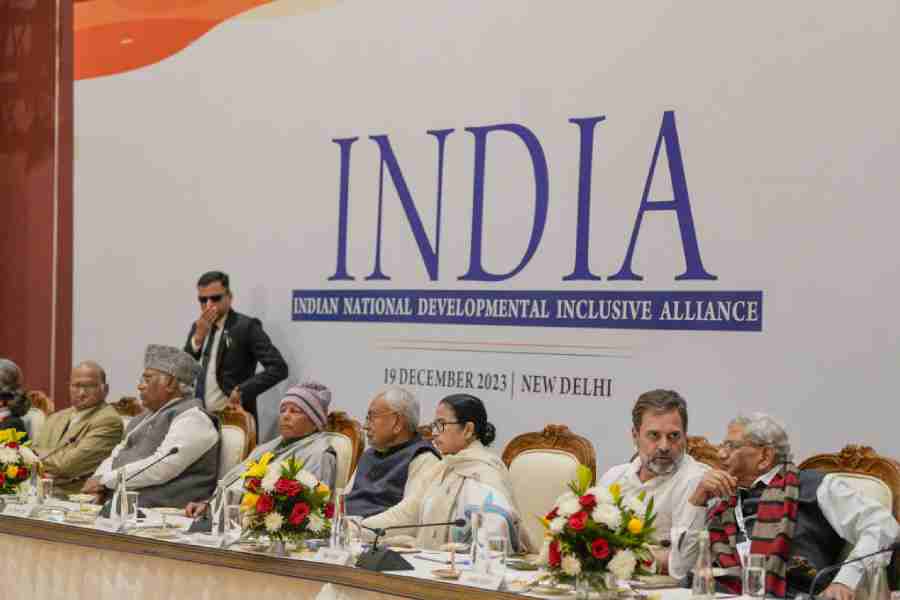Mao Zedong once famously said that women hold up half the sky. Now, the Chinese president, Xi Jinping — by some accounts the country’s most powerful leader since the founding chief of Beijing’s communist establishment — would rather have women holding up the concepts of marriage and family. In comments that he made recently, Mr Xi said women have a vital role in reviving the trend of families and child-bearing. His comments follow a series of efforts by Beijing, which, so far, appear to have failed to stall — if not reverse — the country’s steep demographic decline. In 2022, China saw its population fall for the first time in six decades. Earlier this year, India overtook China as the world’s most populous nation. In recent years, China has rolled back its one-child policy, under which families were penalised for having multiple children. Yet, soaring costs of living, a stumbling economy, and an entire generation’s burden of looking after ageing parents have meant that the number of marriages in 2022 was half the figure for 2013. China’s fertility rate is now lower than that of neighbouring Japan, the country with the world’s oldest population.
Despite this current backdrop, Mr Xi’s comments mark a sharp departure from the rhetoric of gender equality that communist leaders have amplified in previous generations even though most communist parties remain male-dominated. China, for instance, has never had a woman in its Politburo Standing Committee — its highest decision-making body. But the phenomenon of placing the responsibility for population decline on women is hardly limited to China or to communist nations. In Hungary, the government audit office in 2022 blamed educated women for the country’s low fertility rates, while in Poland, the current deputy prime minister, Jaroslaw Kaczynski, said excessive drinking among women was responsible for the slide. Such regressive sentiments blaming women for demographic challenges have been expressed by Japan’s former prime minister, Taro Aso, as well as by conservative commentators in the United States of America, the United Kingdom and Western Europe. This is dangerous. Shrinking populations are a real problem. The answer lies not in rolling back the hard-fought advances that women have made in securing their rights as equals but in creating conditions in society and at the workplace that truly back their choices on having a family. Far too often, young mothers are forced to suffer career setbacks. If the demographic crisis is to be set right, women need respect, not blame.











